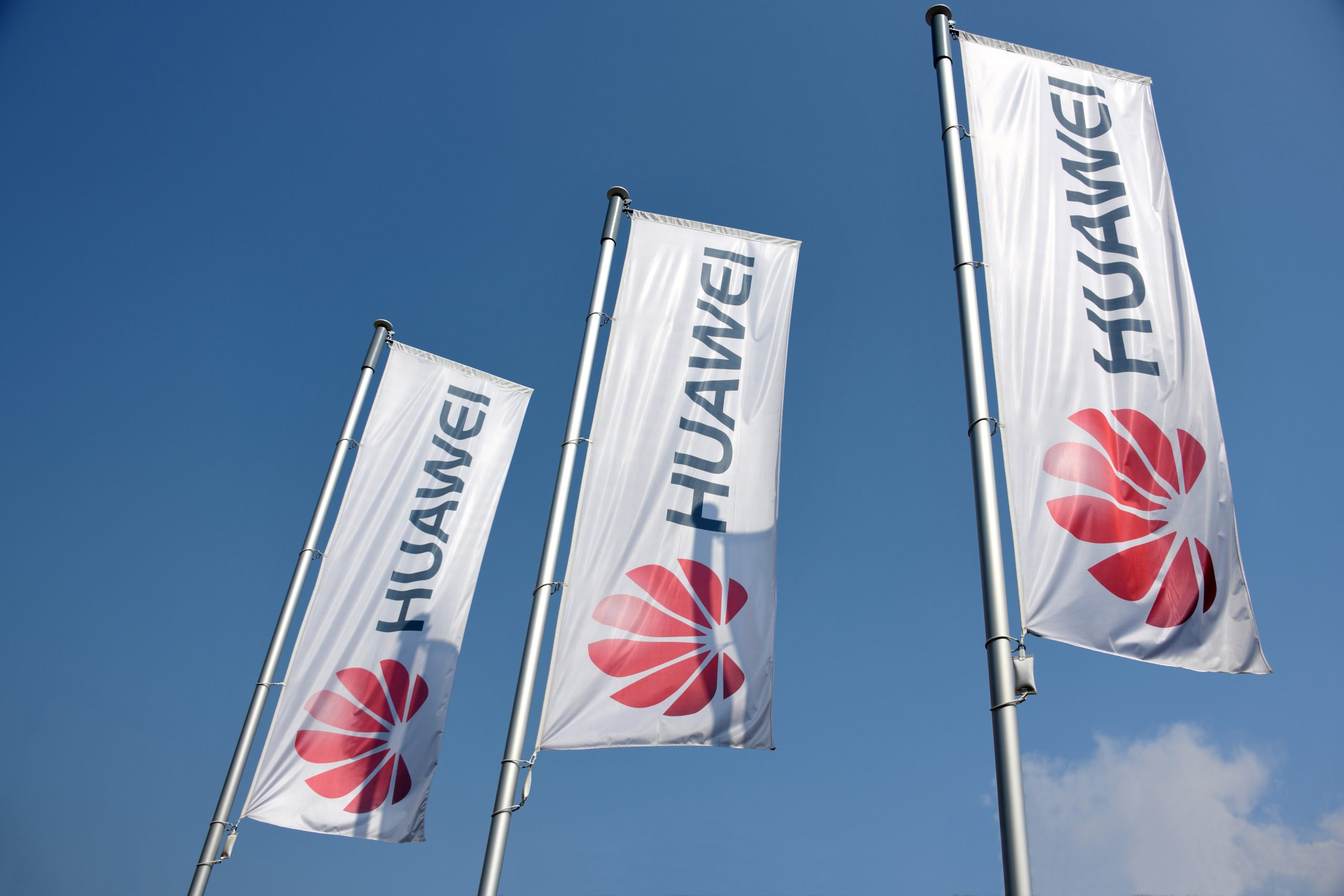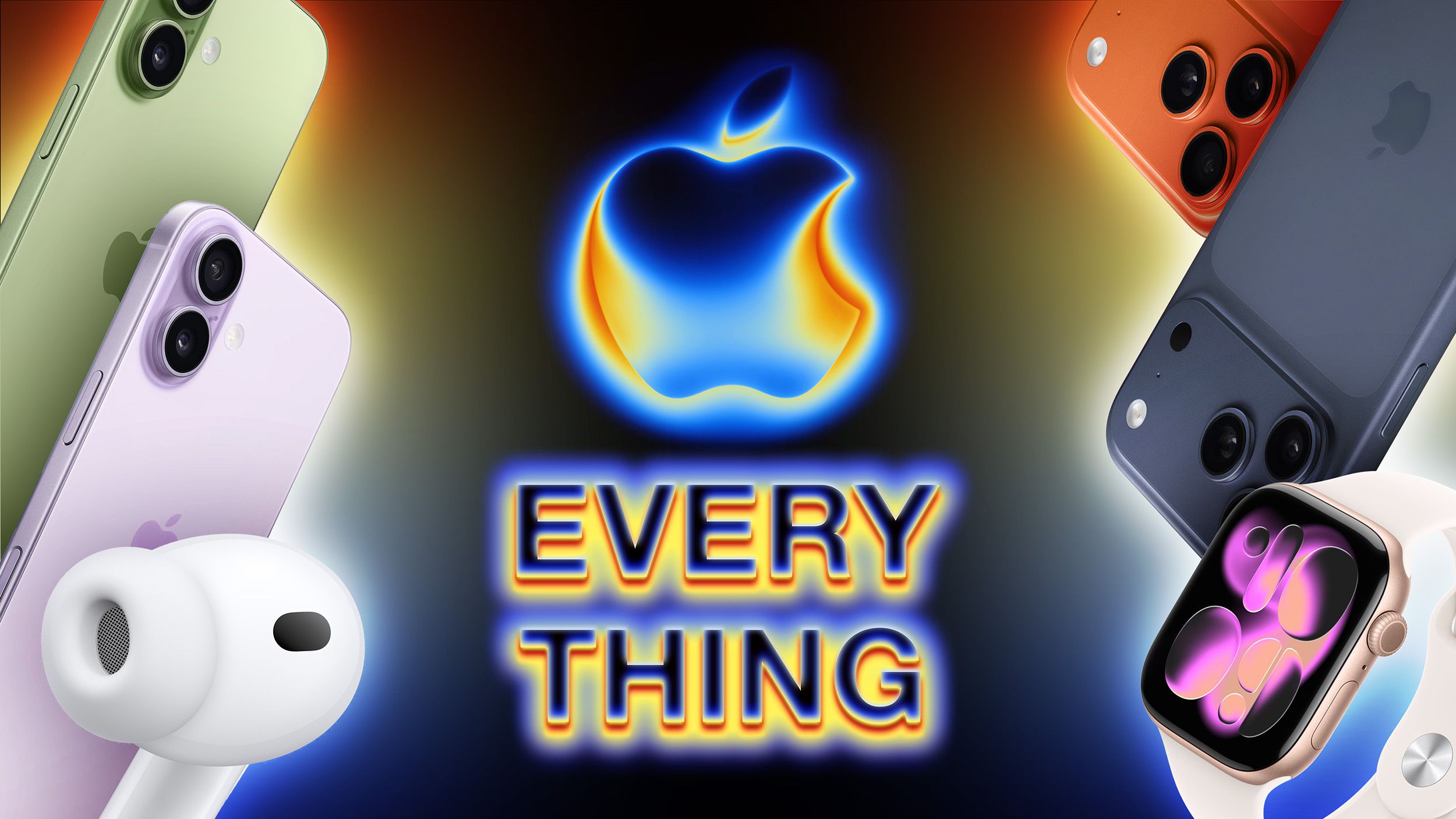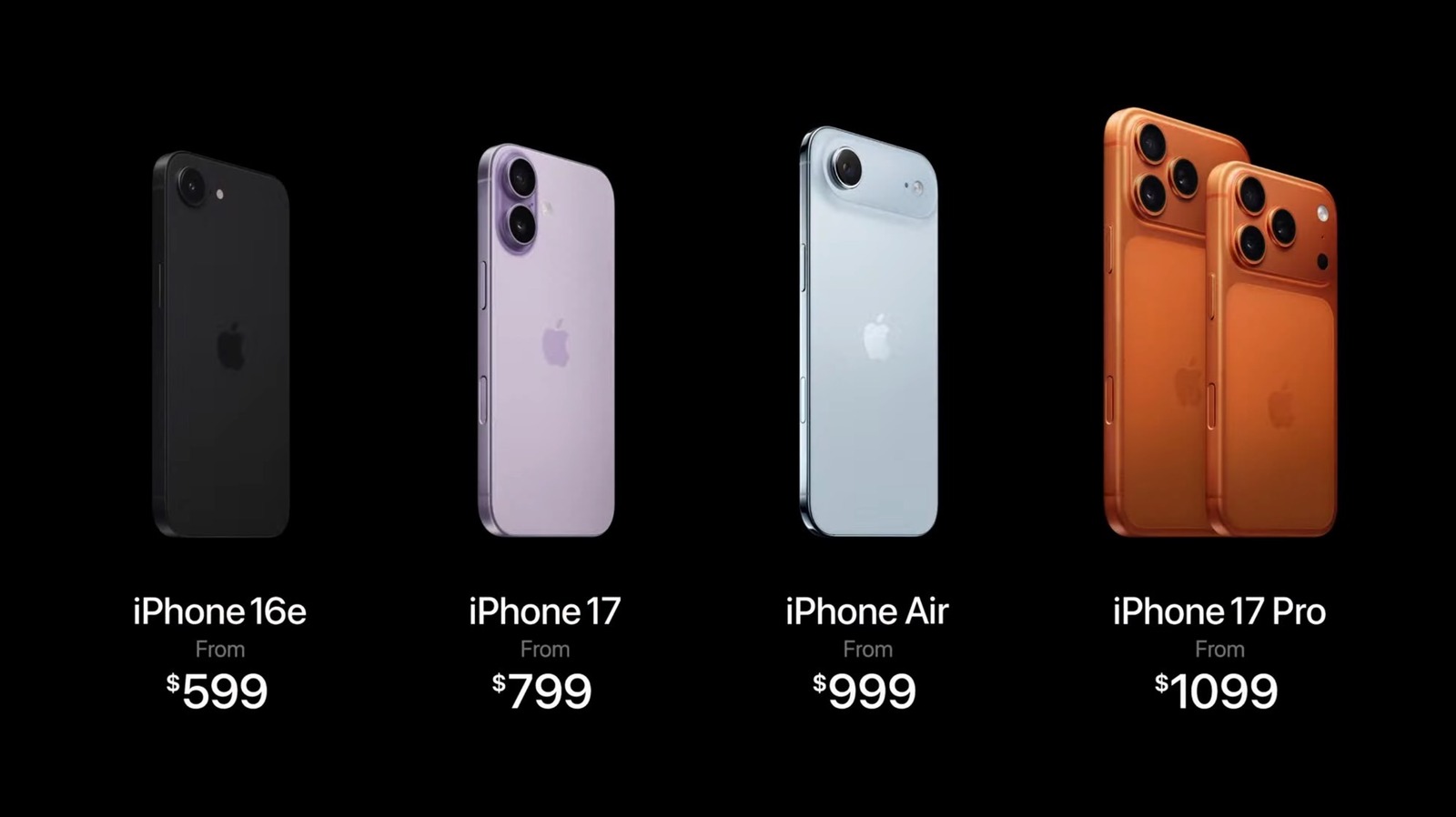Beyond the selfies between Microsoft CEO Satya Nadella and OpenAI CEO Sam Altman, and the friendly conversations between the pair on stage, all is not well with Microsoft’s $13 billion AI investment. Over the past year, multiple reports have painted a picture of a Microsoft and OpenAI relationship that is straining under pressure.
As OpenAI battles for access to more compute power and less reliance on Microsoft, tensions have been rising during negotiations over the future of OpenAI’s business and its Microsoft partnership. Microsoft backed down on being the exclusive cloud provider for OpenAI earlier this year, but OpenAI still needs Microsoft’s approval to convert part of its business to a for-profit company. That’s led to a potentially explosive outcome.
OpenAI executives have now reportedly considered accusing Microsoft of anticompetitive behavior, which could mean regulators look even more closely at the terms of Microsoft and OpenAI’s contract for potential violations of antitrust laws. The Wall Street Journal reports that OpenAI’s potential acquisition of AI coding tool Windsurf is at the heart of the latest standoff, as OpenAI wants Windsurf to be exempt from its existing contract with Microsoft.
If OpenAI does wage a public war against its biggest partner, Google will be grinning from ear to ear. The Federal Trade Commission (FTC) opened an investigation into Microsoft last year under the Biden administration, and the Trump administration is reportedly pushing ahead with the antitrust probe — including looking at Microsoft’s AI investments and deal with OpenAI. Google already reportedly urged the FTC to kill Microsoft’s exclusive deal with OpenAI, so regulators will be keen to hear directly from OpenAI. It’s more than ironic given that Microsoft’s initial OpenAI investment was triggered by Google fears.
Microsoft’s partnership with OpenAI is complicated, and the pair are intertwined both technologically and financially. While it’s been widely reported that OpenAI shares 20 percent of its revenues with Microsoft, there are additional revenue-sharing agreements in place, according to sources who are familiar with the arrangement.
Microsoft receives 20 percent of the revenue OpenAI earns for ChatGPT and the AI startup’s API platform, but Microsoft also invoices OpenAI for inferencing services. As Microsoft runs an Azure OpenAI service that offers OpenAI’s models directly to businesses, Microsoft also pays 20 percent of its revenue from this business directly to OpenAI.
Microsoft also has an unreported revenue share related to OpenAI’s impact on Bing and Microsoft Edge. If Microsoft’s search and news advertising revenue grows by 15 percent year-over-year, Microsoft then pays a 10 percent revenue share to OpenAI. This revenue sharing deal scales up to 20 percent, depending on year-on-year growth.
These complicated revenue-sharing agreements show how difficult it will be for OpenAI to break from this partnership. Microsoft’s multibillion-dollar investments also entitle it to up to 49 percent of the profit generated by OpenAI’s for-profit arm. Given OpenAI is far from profitability and Microsoft has a share of OpenAI’s losses, the software giant is still years away from seeing those profit returns.
But OpenAI is trying to convince Microsoft to give up its entitlement to future profits in return for a stake in the reshaped OpenAI business. The Information reports that this could give Microsoft an approximately 33 percent stake, if it’s willing to give up the capped share of profits. Microsoft’s OpenAI contract also includes a clause that means it will relinquish its rights to OpenAI revenue and its AI models when the startup achieves AGI. This is also reportedly linked to OpenAI’s profits.
While OpenAI is keen to get access to more compute and a better deal, Microsoft has also been hedging its bets on OpenAI over the past 18 months.
The trouble all started when the OpenAI board fired Altman in November 2023. This immediately hit Microsoft’s stock price and had executives working overtime during a holiday period to try and salvage the situation. Even Nadella was directly involved in the discussions, and he announced that Microsoft would be hiring Altman, OpenAI cofounder Greg Brockman, and others “to lead a new advanced AI research team.”
The OpenAI board quickly backed down, and Altman was reinstated as CEO, but sources familiar with Microsoft’s AI efforts tell me that this messy incident shook the company’s confidence in OpenAI.
Nadella has been pushing Microsoft’s AI teams to move quickly on hosting OpenAI alternative models as part of its Azure AI Foundry business. Microsoft doesn’t have to share revenues from this business with OpenAI, as it’s set up as a way for developers to get access to a variety of AI models from different AI labs.
Engineers worked through the night to get DeepSeek’s R1 model ready for Azure AI Foundry earlier this year, something that Nadella pushed for. He also pushed for Microsoft to host xAI’s Grok 3 models recently, in a bid to be seen as the key host for popular or emerging AI models. Microsoft is in a race to build what it calls an AI “agent factory,” and it needs the best models to achieve this.
Microsoft might even create its own AI models to replace OpenAI ones. Mustafa Suleyman, the Google DeepMind cofounder who is now CEO of Microsoft AI, is overseeing Microsoft’s long-term efforts to replace OpenAI models. That’s a complicated project that’s not close to fruition yet, and Microsoft seems to be making more progress with small language models like Phi that can even run locally on Copilot Plus PCs.
Both Azure AI Foundry and Microsoft’s AI model experimentation are clearly a hedge against OpenAI, especially as the pair are increasingly on a path to competing for the same customers. Microsoft even listed OpenAI as a direct competitor for the first time last year, just months after OpenAI released GPT-4o, a faster model that it made free to all ChatGPT users. At the time, I wrote that OpenAI’s GPT-4o release surprised some people at Microsoft, because it undermined Microsoft’s own paid AI services on Azure, including speech and translation features.
OpenAI also sells ChatGPT Team and Enterprise to businesses, while Microsoft is trying to get businesses to buy Microsoft 365 Copilot licenses for its own AI efforts. During an internal town hall meeting earlier this year, Nadella said that he wants Microsoft to take inspiration from OpenAI so that its future cloud work “will look like ChatGPT.”
Whatever happens next in Microsoft’s complicated relationship with OpenAI, I fully expect Microsoft to continue aggressively striking deals that embrace rival AI models. As Nadella has proven time and time again since becoming CEO more than a decade ago, he loves a good partnership.
- Microsoft’s next-gen Xbox has an AMD chip inside and is ‘not locked to a single store.’ A week after I wrote in Notepad that the Xbox Ally handhelds are a teaser for the next-gen Xbox console, Microsoft has confirmed its next Xbox is “not locked to a single store,” just like Windows isn’t. In fact, Xbox president Sarah Bond even says Microsoft wants to ensure “Windows is the number one platform for gaming.” Notice the focus on Windows as the top platform for gaming, not Xbox as we know it today. As I’ve been writing for years, Xbox and Windows are moving a lot closer together.
- Microsoft should change its Copilot advertising, watchdog says. The BBB National Programs’ National Advertising Division (NAD) has recommended that Microsoft discontinue or modify some of its Copilot claims. NAD has reviewed Microsoft’s Copilot advertising and criticized its productivity claims and confusing use of Copilot branding. Microsoft says it disagrees with those conclusions, but that it “will follow NAD’s recommendations for clarifying its claims.”
- Call of Duty: WWII and a trio of Warcraft games head to Game Pass. It’s a strong month for Game Pass, with the addition of Warcraft I: Remastered, Warcraft II: Remastered, Warcraft III: Reforged, and Call of Duty: WWII. These titles join the recently released FBC: Firebreak and the Rematch soccer game that’s launching tomorrow on Game Pass.
- Microsoft accidentally swapped Windows 11’s startup sound with Vista’s. Microsoft has mistakenly replaced Windows 11’s boot sound — in test versions of the OS — with the startup chime from Windows Vista. The change came in the same week that Microsoft made it clear it thinks Apple’s new Liquid Glass design bears some resemblance to its Aero Glass look in Windows Vista. Conspiracy theories aside, it’s likely an innocent bug that has appeared in early Windows 11 builds before.
- Microsoft’s Windows Hello facial recognition no longer works in the dark. I’ve noticed that Windows Hello face unlock on my Surface Laptop hasn’t been working as consistently in recent months, and it appears I’m not alone. Microsoft quietly made a change to Windows Hello in April, in order to fix a vulnerability with Windows Hello spoofing. It means that Windows Hello facial recognition no longer works reliably in a dark room. I sure hope Microsoft can return this functionality in a future update, though.
- Microsoft has started testing its AI agent in the Windows 11 Settings app. A new AI agent has started appearing in test versions of Windows 11, which allows you to more naturally find settings. For example, you can type “my mouse pointer is too small” and immediately get offered suggestions on how to resize it. I expect we’ll see a lot more AI agents like this in Windows in the coming months.
- Security researchers found a zero-click vulnerability in Microsoft 365 Copilot. The first zero-click AI vulnerability has been discovered in Microsoft 365 Copilot. Security researchers at Aim Labs found that attackers could “automatically exfiltrate sensitive and proprietary information” from Microsoft 365 Copilot without users even having to do anything. Microsoft has fixed the flaw, which allowed attackers to send a malicious prompt injection disguised as a normal email that would instruct Copilot to pull sensitive information from a user’s account.
- Microsoft announces cloud data protection plans for Europe. Microsoft says that any data stored in its European cloud data centers will now stay in Europe. It’s part of a new set of commitments from Microsoft to reassure European businesses that their data won’t be moved into US data centers and beyond the reach of European laws.
- Microsoft appears at the Nasdaq closing bell. Microsoft joined the Nasdaq’s closing bell ceremony last week. The appearance was part of a partnership between the pair for Nasdaq’s Boardvantage portal on Microsoft Azure. Asha Sharma, Microsoft’s head of AI platform products, says the company’s Foundry services have helped contribute to a “25 percent reduction in board-prep time, returning hundreds of hours to boards annually.”
- Microsoft is talking to developers about Xbox handhelds. Pay close attention to how Microsoft presents its future Xbox platform plans to developers, because it really needs to get them on board. A new page has appeared on Microsoft’s Game Dev portal that encourages developers to “deliver seamless cross-device gameplay so players can access the games they love — anytime, anywhere, on any device.” Microsoft says this work is all about “delivering a consistent, approachable experience anywhere — across handheld, console, PC, cloud, and more.” The devil, as always, will be in the details of how Microsoft expects developers to build “Xbox” games in the future.
- Another Microsoft employee resigns with a mass email over Israeli government contracts. Microsoft employee Maryam Shalaby resigned this week and sent an email to thousands of colleagues, protesting the company’s contracts with the Israeli government. Shalaby, a software engineer based in Egypt, says, “Microsoft needs to absolve itself from all partnerships and relations with the Israeli government and Israeli forces before it becomes permanently stamped with the ‘genocide enabler’ label, smearing its ethical and public image.”
I’m always keen to hear from readers, so please drop a comment here, or you can reach me at [email protected] if you want to discuss anything else. If you’ve heard about any of Microsoft’s secret projects, you can reach me via email at [email protected] or speak to me confidentially on the Signal messaging app, where I’m tomwarren.01. I’m also tomwarren on Telegram, if you’d prefer to chat there.
Thanks for subscribing to Notepad.










